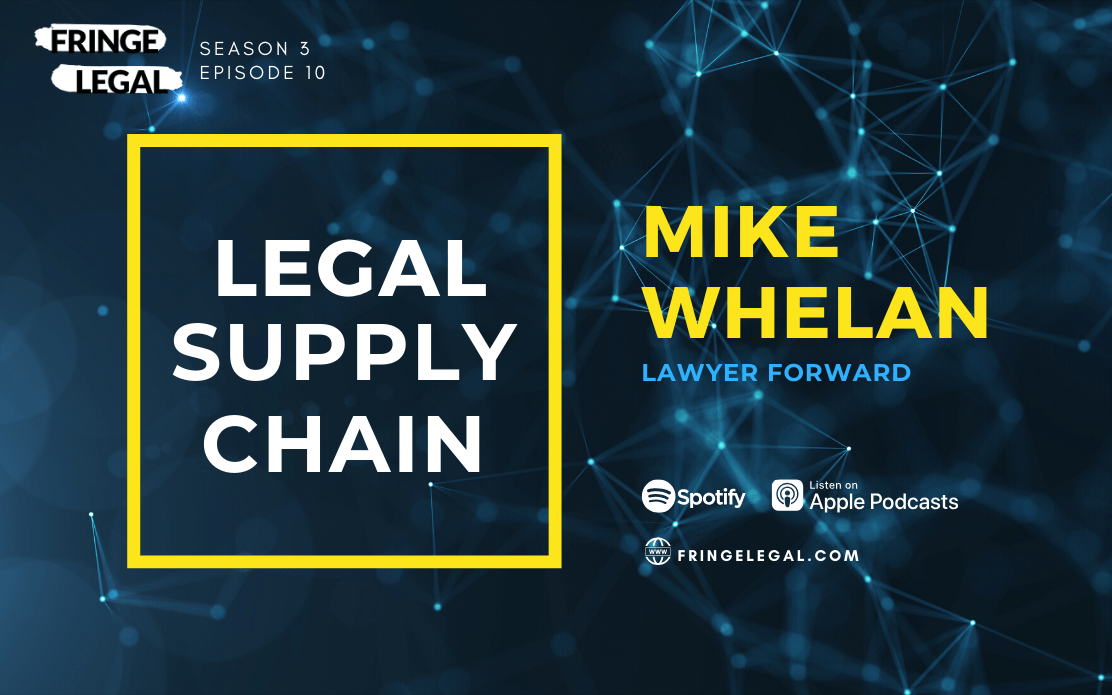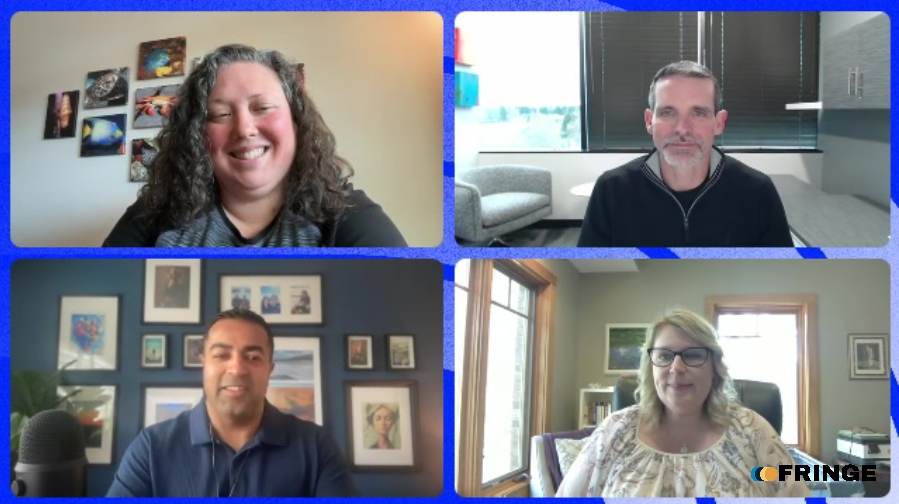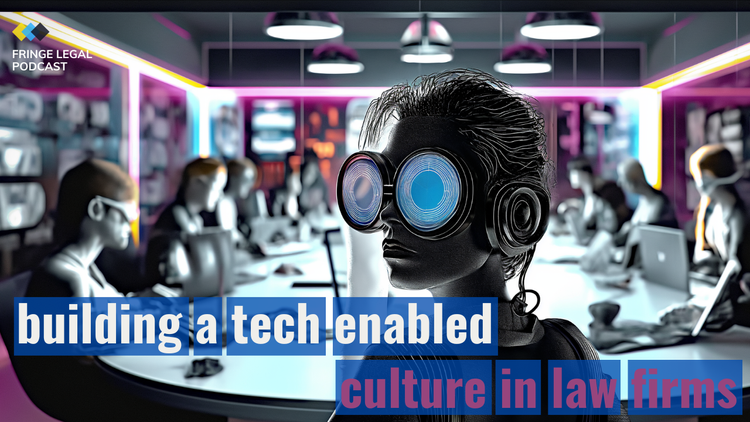Mike Whelan on legal supply chain

We think we understand the complexity of the supply chain, but that complexity in a weird way, feeds efficiency, cost control, and quality in a way that we just wouldn’t expect. We think we’re all artisans. And of course, in a big firm, [and] in law school, we’re taught to be sort of artisanal.
SUBSCRIBE AND REVIEW: iTunes // Spotify // Pocket Casts // Stitcher
Mike has worked in logistics, solo law practice, and legal media. He teaches about the overlaps between those activities and what they mean for attorneys and the companies that aim to serve them.
Through his speaking, consulting, and writing, Mike aims to improve the lives of solo attorneys. The legal industry has many well-documented struggles. If we can harness the minds and compassion of solos—roughly half of the profession—we can have a real impact on an array of social issues, including access to justice. That is Mike’s mission. Mike lives with his wife, four children, dog, two geckos, four cats, two birds, and hedgehog in the Kansas City area. (He needs a nap). Mike is also the host of the Lawyer Forward Podcast.
Since people think of the supply chain as a chain, I would just say that a law firm can operate that way. And that’s how I talk about it.
You know, there are handoffs, you collaborate with people outside of the firm. Somebody’s overseeing it, which I think is fundamental to this thing working, but in my dream world, there’s not just Bobby gives/does a project, gives it to Sally who does a piece who gives it to Bobby. In my dream world, there are feedback loops of information inside these communities.
So in big firms, they refer to this knowledge management, which different firms are better and worse at it. But, but that is a feedback loop. That is the big firms saying we can get smarter as a firm by capturing these things that we keep using. And our knowledge can grow exponentially as we work together with each other.
We’re not just relying on the individual being really smart and individual silos, which is how a lot of big firms work because they’re so specialized, but we can say what’s the power of the network. And they’re really smart. Big firms are figuring out how to do that.
In this episode you’ll learn about:
- Mike’s journey from logistics to law to being an author
- The importance of systems-level thinking in the legal profession
- Why law schools need to re-evaluate how to teach and prepare students for the practice and business of law
- What is the legal supply chain and why it’s important to understand
- Background to the Churn model created in law
It is just impossible to be available all the time and still do the work of expertise. And in our really complex, modern legal system. Clients expect both of those. They expect you to be a super nerd about the exact thing that they’re dealing with because they saw that on TV.
And then they expect you to be incredibly responsive and there for them all the time because that’s what Amazon taught them.
You can get a copy of Mike’s book – Lawyer Forward on Amazon. Find out more about Mike on his website, and connect with him on Twitter and LinkedIn.






Become a Fringe Legal member
Sign in or become a Fringe Legal member to read and leave comments.
Just enter your email below to get a log in link.